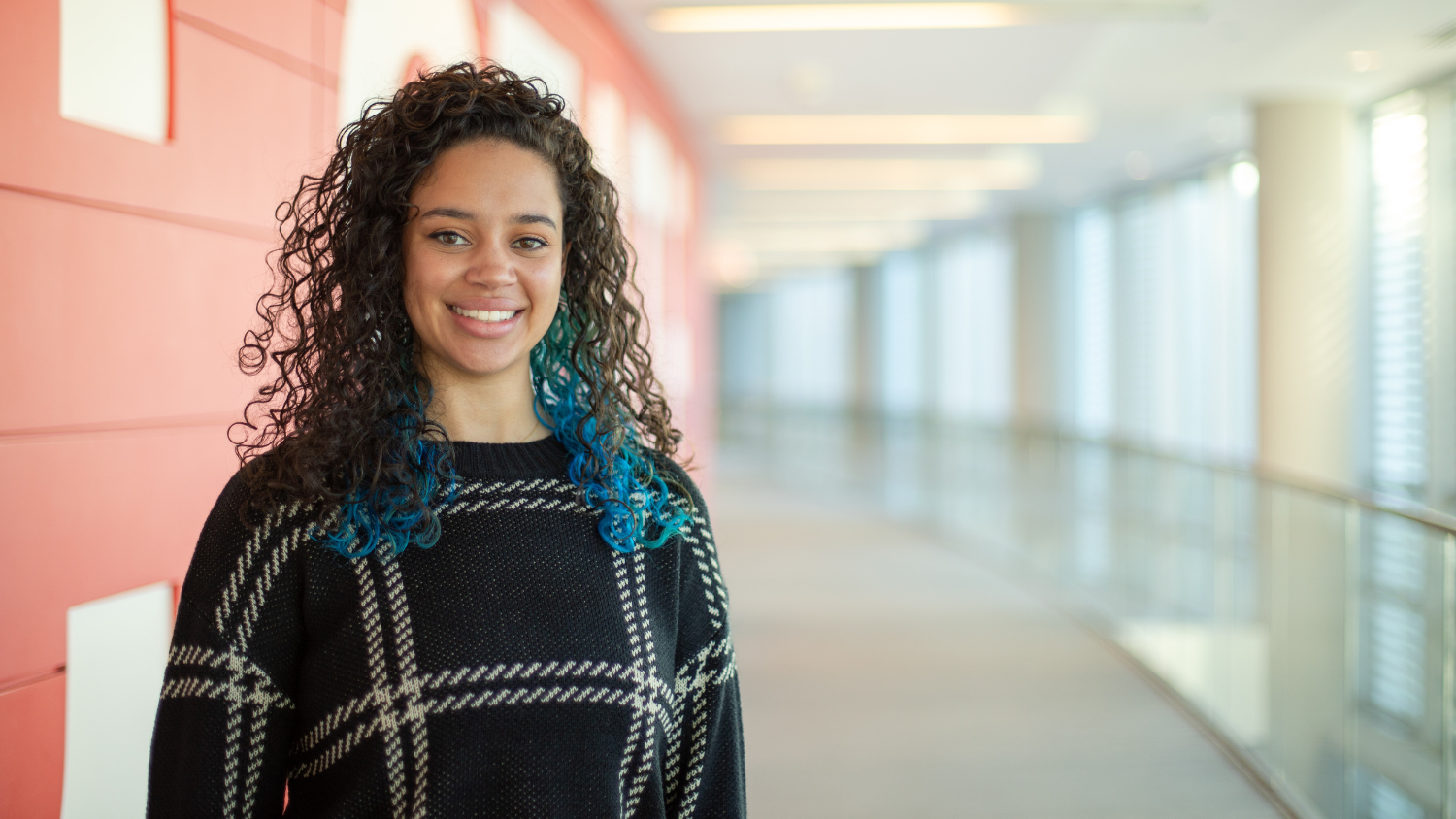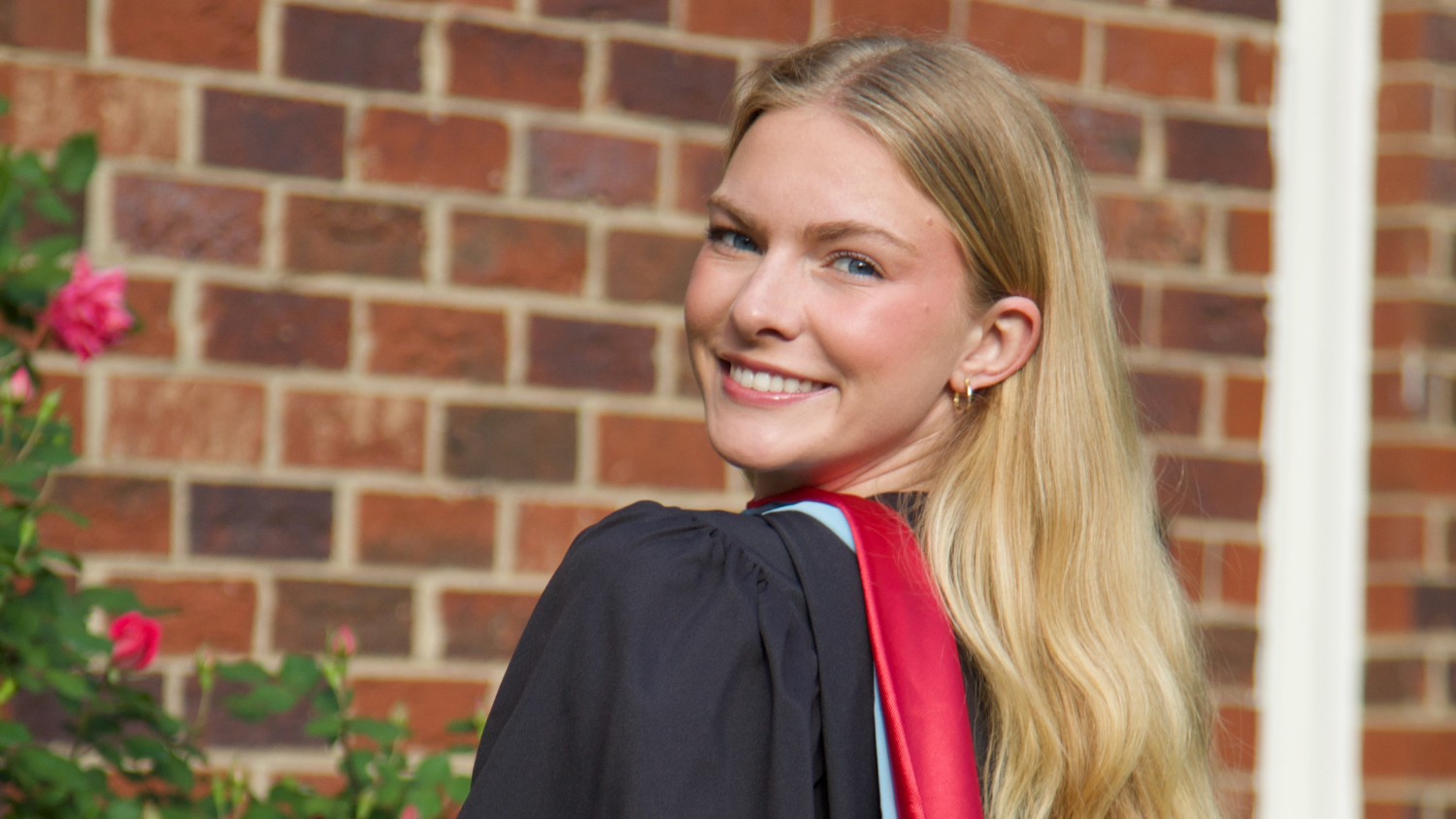Professor John Nietfeld To Help Improve Student Success Using Self-regulated Learning Through Work on Grant-funded Project

John Nietfeld, Ph.D., a professor of educational psychology in the NC State College of Education, is helping to improve student learning and success in introductory geoscience courses through his work on a new grant-funded project.
Nietfeld is the co-principal investigator on “Applying a Digital Tool to Support Self-Regulated Learning Strategies in Introductory Geoscience Courses,” a three-year, $480,225 project funded by the National Science Foundation’s Improving Undergraduate STEM Education (IUSE) program. David McConnell, Ph.D., an Alumni Distinguished Undergraduate Professor in the College of Sciences, is the project’s principal investigator.
The project aims to modify and expand the Confidence-Based Learning Accuracy Support System (CLASS), a prototype online tool co-developed by McConnell. The program provides an online quizzing environment that measures student learning and confidence in that learning, displaying results that can guide students to adopt more effective learning behaviors that improve course performance.
Students who use CLASS receive immediate feedback on their level of knowledge as well as the accuracy of their perceptions of their learning as it relates to instructor-defined learning objectives. This allows students to identify gaps in their knowledge and determine what they need to study to fill those gaps.
Nietfeld, whose research focuses on self-regulated learning and metacognition, said that self-regulated learning approaches like CLASS have been proven to improve student achievement.
“We have shown directly that improving undergraduates’ ability to make accurate, more calibrated judgements about their learning through timely feedback and numerous practice sessions coincides with increases in classroom achievement,” he said. “Our more recent work in digital environments with younger students shows that numerous self-regulated learning variables predict performance and subsequent achievement. Some of these variables include monitoring accuracy, effective strategy use, self-efficacy and mastery and performance approach goal orientations.”
The current project will explore the application of CLASS to enhance geoscience learning among historically underrepresented students at Hispanic-serving institutions in communities that have been disproportionately impacted by the COVID-19 pandemic.
The use of the program will make it possible to integrate the results of cognition research directly into a course by applying the CLASS assessment method, which could be readily adapted by any instructor.
Although the project will focus on introductory geoscience courses, Nietfeld said, the tool should ultimately be adaptable to all undergraduate courses, thereby increasing student success in multiple subjects.
“This particular program should be easily scalable for use by any discipline and the hope is that after scaling it more broadly within one domain, we can apply the approach of using the tool as a model for other disciplines,” Nietfeld said. “After we provide the appropriate capabilities within the program for training, scaffolding and feedback to support students’ metacognitive abilities, the instructor would just need to add in domain-specific assessment items in order to use the program with their students. “
- Categories:


